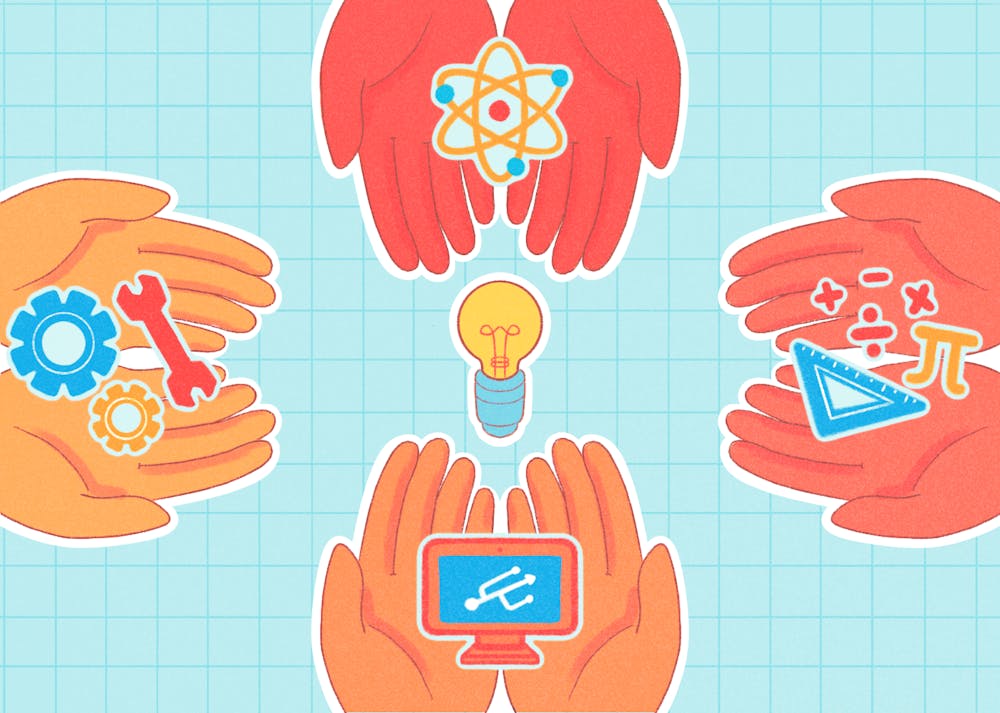ASU was awarded an $8 million grant from the U.S. Department of Labor to train workers for occupations in the information technology, cybersecurity and advanced manufacturing sectors.
ASU is one of 19 recipients of the H-1B One Workforce Grant Program, which totaled $145 million awarded nationwide.
The four-year grant awarded to ASU will be used to develop the Arizona Workforce Training Accelerator Partnership for Next Generation Jobs, also known as AZNext. The goal of the program is to address workforce shortage issues by retraining at least 2,000 participants.
Karen Watanabe, one of the co-principal investigators for the grant, said the program will train Arizonans for mid- to high-skilled positions in information technology, cybersecurity, data analytics and advanced manufacturing.
"These industry sectors are growing and currently many of these positions are filled by workers with H-1B visas. AZNext will be reskilling and upskilling the Arizona workforce for jobs in these industry sectors," Watanabe said in an email.
According to Raghu Santanam, primary investigator for the grant and chair of the Department of Information Systems, the target participants for the program are unemployed and underemployed workers, incumbent workers, veterans, military spouses, high school graduates, community college students and ASU students.
He said ASU will work with many external partners, including Arizona Commerce Authority, Pipeline AZ and the Partnership for Economic Innovation to identify potential participants for the program.
The program will include paid internships, train-to-hire programs, boot camps and simulated work experiences. Watanabe said the program will build upon existing coursework infrastructure that exists at ASU, but will also add customized training programs to meet the needs of employers.
Santanam said the new program will expand on the ASU Digital Workforce Apprenticeship Partnership.
He said both programs are "looking at helping create a better talent pipeline for employers, not just in Arizona."
One of the driving forces behind the program was the spike in unemployment due to the COVID-19 pandemic. "There have been a lot of displaced workers and the Department of Labor was interested in helped the unemployed and underemployed," Santanam said.
Employers will play a big role in shaping the AZNext program. Executives from partnered employers will serve on sector-specific advisory boards where they can relay their workforce needs. Many employers, such as Raytheon, Infosys and Honeywell, have already agreed to take part.
"Our direct performance measure in this grant is how many of our participants we are able to place in full-time jobs, part-time jobs and apprenticeships with these employers, so that means it has to be really tailored to what they want," Santanam said.
The training will occur both virtually and in-person on ASU's Tempe, West and Polytechnic campuses. Watanabe said some of the grant funding will go toward classroom technology and computer infrastructure to give participants a space to learn.
"I see this AZNext model as being something that is sort of forward-looking and transformative … having participants coming through who aren't necessarily trained in these technology sectors, but getting that training and then being able to be placed with a company in that field," Watanabe said.
Watanabe said she hopes the program will last far beyond the initial funding.
Tom Sugar, another co-principal investigator for the grant, said the program "fits exactly with what ASU is doing."
"We want to create a vibrant workforce for the companies coming to Arizona," he said.
Reach the reporter at jageenen@asu.edu and follow @joshgeenen on Twitter.
Like The State Press on Facebook and follow @statepress on Twitter.
Continue supporting student journalism and donate to The State Press today.




